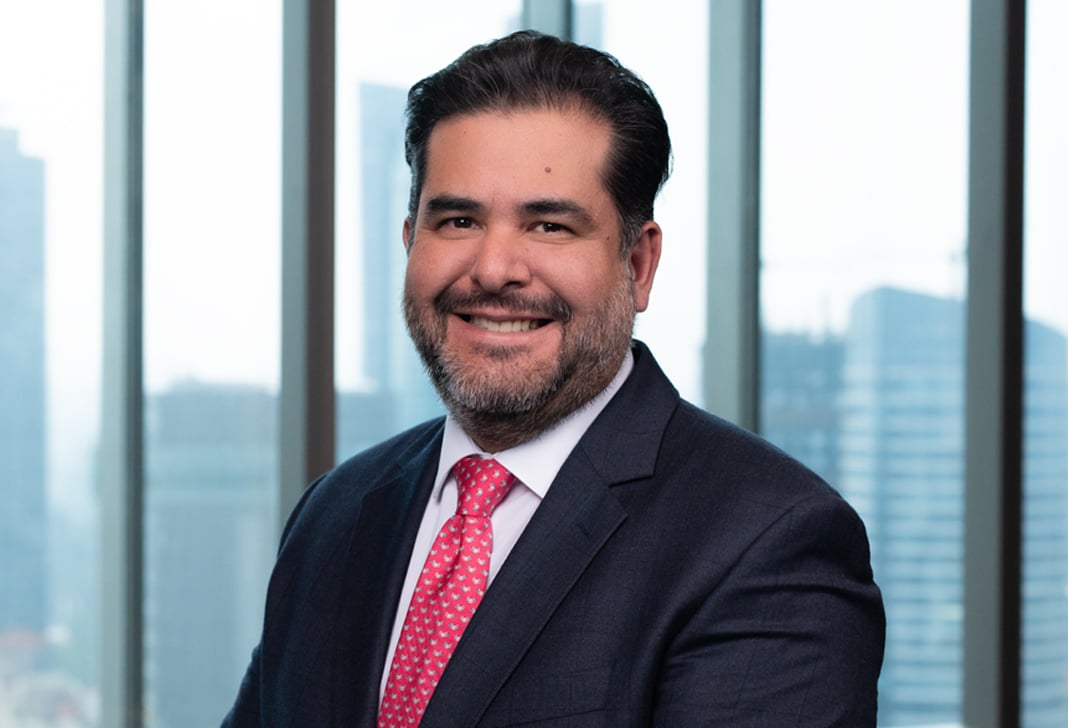
Mexican Competition Authority Recognizes Attorney-Client Privilege in Antitrust Investigations
In Short
The Development: Mexico's antitrust authority, the Comisión Federal de Competencia Económica ("COFECE"), released guidelines that recognize the attorney-client privilege in antitrust investigations.
Background: Mexican law requires that lawyers maintain professional secrecy, which includes both a right and duty not to disclose client confidences. However, these confidentiality protections apply only to lawyers and not to business personnel who also may participate in attorney-client communications.
Looking Ahead: Recognition of the attorney-client privilege in antitrust investigations is a welcome development. These new protections should encourage companies with Mexican operations to seek legal advice for antitrust issues before problems arise.
Attorney-Client Privilege in Mexico
Mexican law features due process rights, a right to legal counsel, and a right not to incriminate oneself in criminal proceedings. The protection of attorney-client communications is essential to ensuring that these rights are effective. However, like many jurisdictions with a civil law tradition, Mexican law does not have a specific regulation that protects communications between an attorney and a client. Instead, Mexican law requires that legal professionals maintain the confidences of their clients. Legal professionals who inappropriately disclose client information face fines for any damages caused by a disclosure.
Although legal professionals cannot be required to reveal client confidences, a government subpoena or litigation request targeted at a business may compel testimony or production of documents that includes attorney-client communications. This distinguishes confidentiality rules in Mexico from the attorney-client privilege recognized in the United States and other jurisdictions, and which protects confidential communications between an attorney and a client from disclosure, regardless of who possesses those communications.
COFECE's Privilege Guidelines
Like other competition agencies, COFECE has broad authority to investigate violations of Mexican competition law, including through dawn raids, information requests, and requests for live testimony from officers, directors, or shareholders. These investigative tools commonly result in COFECE collecting some privileged information.
The lack of certainty regarding the protection afforded to attorney-client communications made it risky for companies in Mexico to obtain legal advice about antitrust issues because those communications could later be used against the accused. For example, Mexico has a leniency program in which companies that have participated in cartel agreements can avoid fines in exchange for cooperation with COFECE. The first leniency applicant can avoid fines altogether, and subsequent applicants face reduced fines. In such cases, companies in Mexico need to work closely with their legal counsel to determine what happened and whether to seek leniency. Candid communications between a client and its lawyers also are necessary to respond to COFECE's information requests and requests for testimony, as well as to develop corporate antitrust policies on issues such as how to respond to a dawn raid.
COFECE's regulations come on the heels of a case in which it obtained attorney-client privileged information during a dawn raid. A court challenge forced COFECE to exclude privileged information from the case file and deemed privileged information inadmissible to prosecute antitrust violations. The court also prohibited any antitrust prosecution in that case because COFECE's access to privileged information affected the company's defense strategy, and COFECE failed to implement any safeguards to protect against use of the privileged information.
COFECE's new regulations ("Guidelines") establish safeguards, which the agency must follow with respect to privilege, that balance the agency's mandate to enforce competition laws with the protection of confidential communications between lawyers and clients. Under the Guidelines, privileged communications lack probative value, and COFECE may not consider them as evidence in its investigations. Moreover, if COFECE obtains protected privileged information during an investigation, the Guidelines preclude COFECE officers from accessing the attorney-client communications.
The Guidelines also establish procedures for handling privileged communications in the event that a party in a COFECE investigation turns over privileged information to the agency. To qualify for protection, a company that has submitted privileged material to COFECE must submit a written request to agency, identifying the privileged information. An independent COFECE committee—independent of the investigating case team—will evaluate the request to determine whether the information is privileged and should be excluded from the COFECE investigation.
Three Key Takeaways
- For the first time, there is a dedicated COFECE regulation that protects privileged communications between a client and its lawyers. Under COFECE's new Guidelines, privileged communications lack probative value and will not be used against the accused.
- Companies operating in Mexico can now seek legal advice regarding antitrust issues without fear that privileged attorney-client communications will later be used against the company. The new rules should encourage companies to seek legal advice whenever there is risk of a breach of the Mexican competition law.
- Now is a good time for companies to review their antitrust policies to ensure effective compliance with antitrust rules in Mexico.



